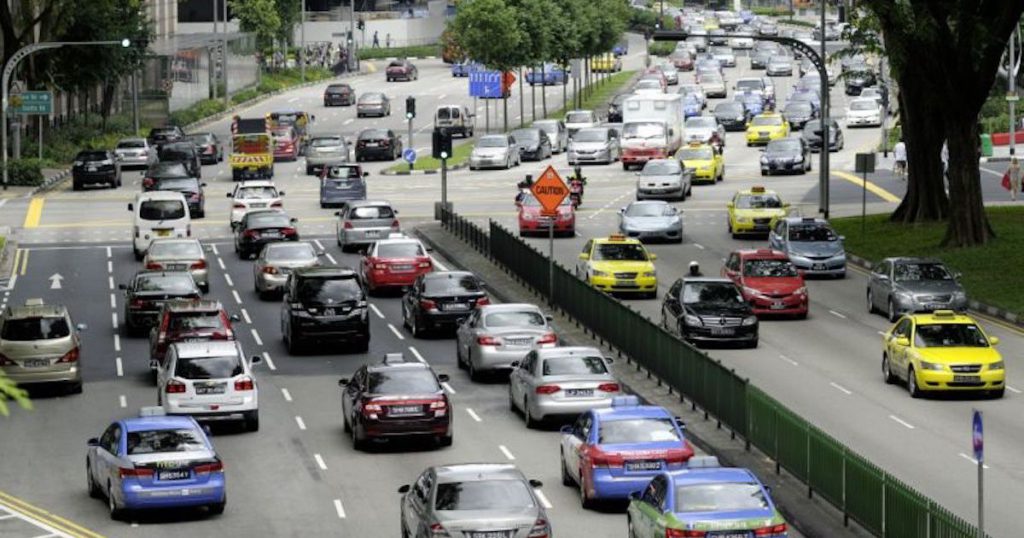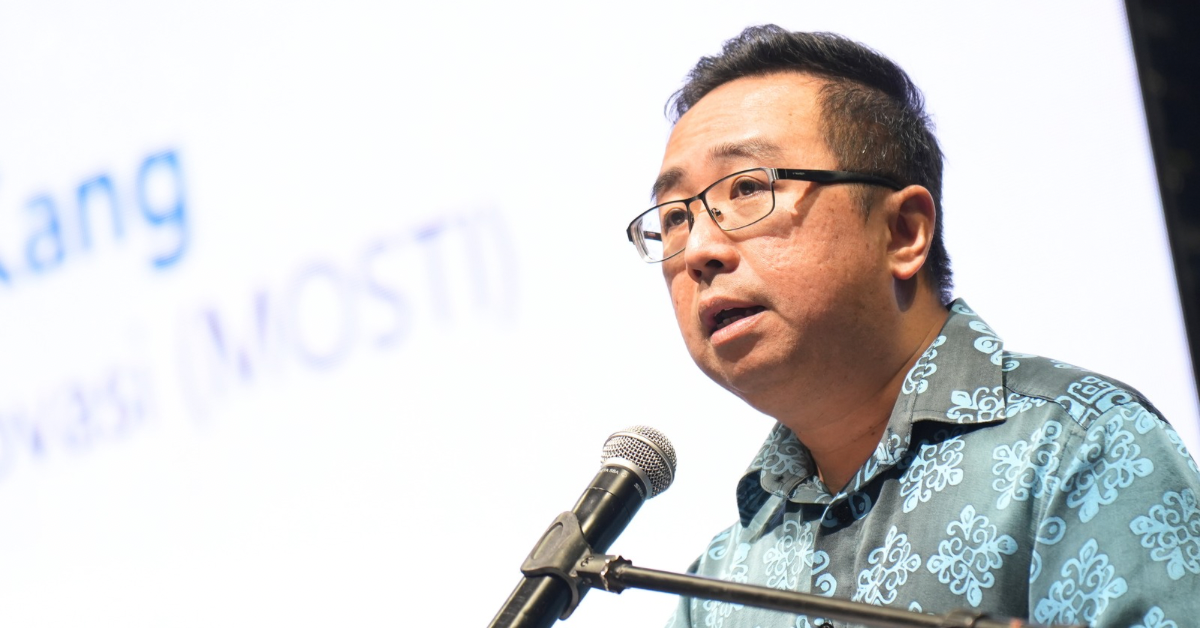Minister Heng Swee Keat said in his Budget speech today that the domestic transport sector contributes a significant amount of greenhouse gas emissions, and vehicles with ICEs (internal combustion engines) also contribute to pollution.
According to Mr Heng, many major cities are phasing out ICE vehicles and making a shift towards cleaner technologies.
Meanwhile, car manufacturers are actively developing cleaner engine technologies, such as hybrids and electric vehicles (EVs).
For both public health and climate change reasons, the Government will need to set a long-term strategic goal for Singapore to progressively phase out the use of ICE vehicles and move towards cleaner alternatives, such as hybrids and EVs.
He says the Government’s vision is to do so by 2040, and there will be three measures in the Budget to promote this move.
1. New Commercial Vehicle Emissions Scheme For Light Goods Vehicles
In 2018, Singapore introduced the vehicular emissions scheme for cars and taxis, which allows car buyers and taxi operators who choose cleaner car models to receive an upfront rebate of up to $20,000 and $30,000 respectively.
Mr Heng says that there have been promising results from the scheme, with more opting for environmentally friendly engines.
A similar scheme called the commercial vehicle emissions scheme for light goods vehicles will be introduced, he says, with more details to be released during the debate on the MEWR budget.
2. Cars And Taxis Can Get Additional EV Early Adoption Incentive
Those who purchase fully electric cars and taxis will receive a rebate of up to 45 per cent on the additional registration fee, capped at $20,000, Mr Heng announces.
This incentive will be implemented for three years, from January 2021.
The Government will also revise the road tax methodology for cars to better reflect the current trends in vehicle efficiency from January 2021.
3. Public Charging Infrastructure For EVs To Be Expanded
Mr Heng says there are currently about 1,600 charging points islandwide.
The Government will work with the private sector to step up the deployment of chargers in public carparks. By 2030, it aims to deploy up to 28,000 chargers at these carparks.
Featured Image Credit: Unkel/ullstein bild via Getty Images











